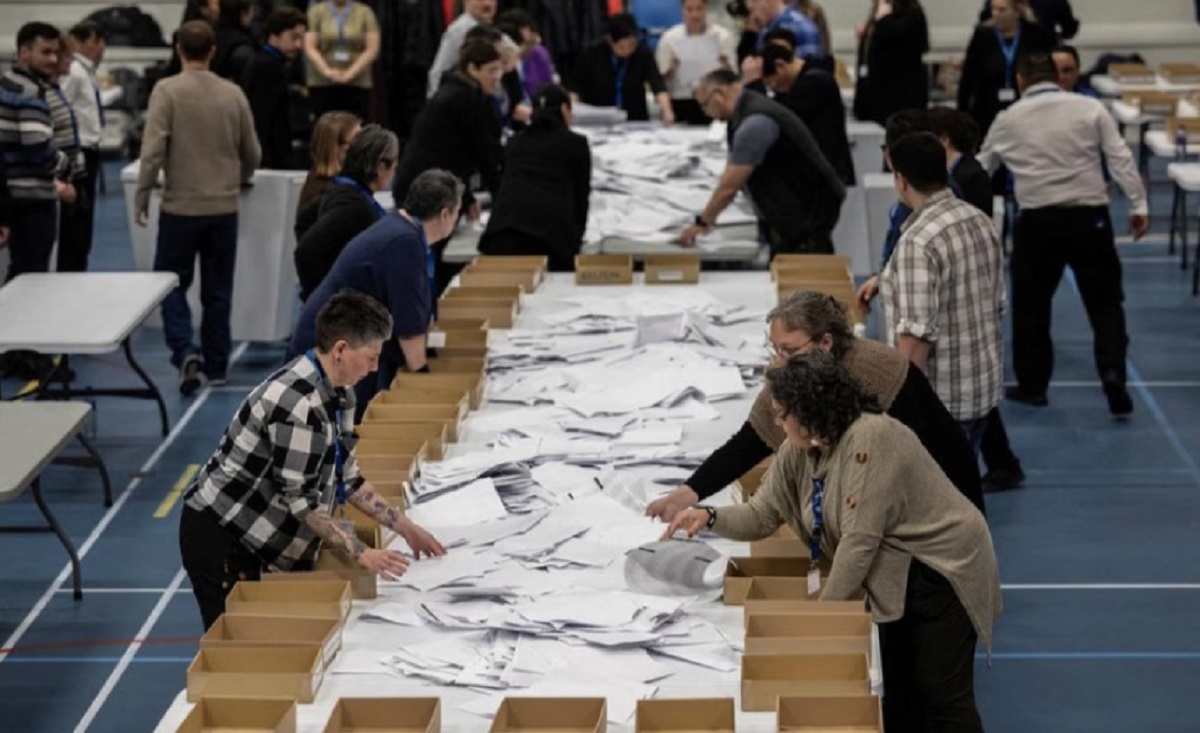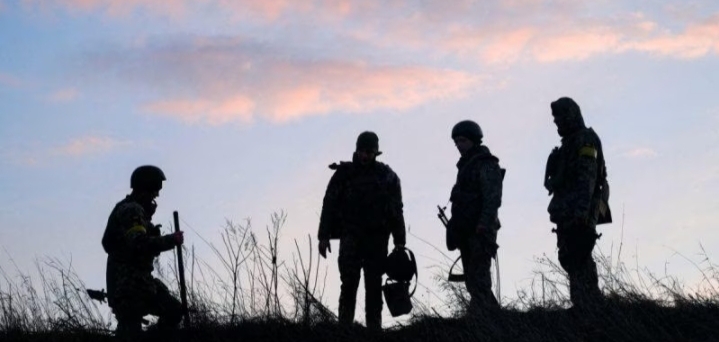Vice President Kamala Harris was delayed from traveling to Vietnam on Tuesday after her office was made aware of a possible case of the so-called Havana syndrome, a mysterious illness that has afflicted U.S. diplomats across the world.
A statement released by the State Department said Harris’ office was made aware of “a report of a recent possible anomalous health incident,” in Vietnam’s capital city of Hanoi, referring to what the U.S. government has previously described as Havana syndrome, a string of unexplained health incidents first reported in 2016 by U.S. diplomats and embassy staff in Cuba.
An “anomalous health incident” is a term the US government has used to describe so-called “Havana Syndrome” — a mysterious condition that includes dizziness, nausea, migraines and memory lapses and is sometimes preceded by a piercing sound.
Press secretary Jen Psaki told a White House press briefing later that US officials “take any reported incident of Havana syndrome seriously”.
US officials had not yet confirmed the latest reported case, and it did not involve anyone travelling with Harris, Psaki said. In light of the reports, “there was an assessment done of the safety of the vice-president, and there was a decision made that she could continue travel along with her staff”, she said.
As Harris’s trip to Vietnam was delayed, Vietnamese Prime Minister Pham Minh Chinh held the unannounced meeting with Chinese Ambassador Xiong Bo, during which Chinh said Vietnam does not align itself with one country against any other.
Earlier on Tuesday, Harris had accused Beijing of coercion and intimidation to back claims in the South China Sea, her most pointed comments on China during a visit to Southeast Asia, a region she said is critical to US security.
“The Prime Minister affirmed that Vietnam adheres to an independent, self-reliant, multilateral, and diverse foreign policy and is a responsible member of the international community,” the Vietnamese government said in a statement.
“Vietnam does not align itself with one country against another,” it said.
Territorial disputes in the South China Sea should be settled according to international law and “high-level common sense,” it said.
The US administration has called rivalry with China “the biggest geopolitical test” of the century.
“The fact that China’s ambassador insisted on a meeting with the Vietnamese prime minister shortly before Harris landed shows how anxious Beijing is that its communist neighbor may tilt toward the US,” said Murray Hiebert, a Southeast Asia expert at Washington’s Center for Strategic and International Studies.
During the meeting, Chinh thanked the ambassador for the vaccine donation. It was not immediately clear which vaccine China had donated.
Vietnam had successfully contained the coronavirus for most of last year but since April has been dealing with a large COVID-19 outbreak in Ho Chi Minh City, driven by the highly contagious Delta variant of the virus. Just under 2% of its 98 million people are fully vaccinated.




